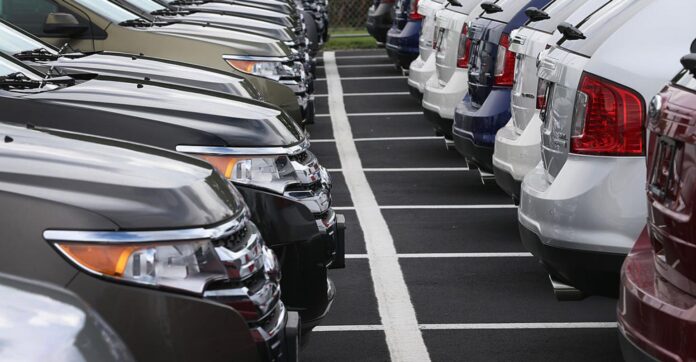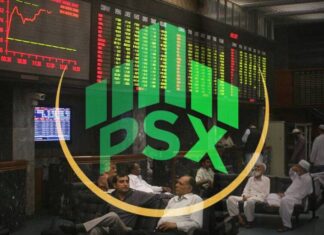LAHORE: The Senate Standing Committee on Industries and Production, chaired by Senator Khalida Ateeb on Wednesday, has called to protect customers from being subjected to making additional payments to cover the price differential between when they make the payment of their vehicle and when they receive it.
The Senate committee’s recommendation
The Committee recommended that customers that have made complete payments for their vehicle should be safeguarded from being subject to paying price differentials on account of manufacturers increasing the price of their vehicle. The Committee particularly highlighted exempting customers, meeting the aforementioned criteria, from price increases attributable to the Pakistani Rupee depreciating against the US Dollar. It also recommended that customers be exempt from increases justified by manufacturers on account of local and/or domestic factors as well.
The automotive sector has expressed its dismay at what it believes to be an unjustified demand by the Committee, particularly as the sector has a completely different stance on the matter.
Blame game
“The Senate Standing Committee can pay the difference then.” Abdul Waheed Khan, Director General of the Pakistan Automotive Manufacturers Association (PAMA), told Profit, expressing his annoyance. “If the US Dollar, or whatever currency in which the imports are denominated, is fluctuating so widely then companies should not be required to pay from their pocket.” Khan continued when Profit asked how the automotive sector could implement the Committee’s recommendation.
Khan blamed the long delivery times on the State Bank of Pakistan’s current stance on letters of credit, stating that the State Bank had deliberately encumbered PAMA’s members in accessing letters of credit to conduct their transactions to pay the differential if the manufacturer decides to increase the price for any reason. The Committee particularly highlighted that customers
The summer of tussle between the automotive sector and the Parliament
The Senate Committee on Industries and Production is the Upper House counterpart to the National Assembly Committee on Industries and Production. The two jointly exist as part of Rule 198 of the Rules of Procedure and Conduct of Business in the National Assembly (2007) to monitor the activities of their requisite Cabinet Ministry.
The statement from the Senatorial Committee comes in light of the various heated sessions in its Lower House counterpart whereby the latter had first directed the Ministry of Industry and Production, and then ordered automotive CEOs to be summoned to explain the sector’s practices as well.
The crux of the matter relates to the automotive sector seeing unprecedented demand over FY 2021-22. This led to extended wait times and coincided with Pakistan’s deteriorating balance of payments position, which in turn subsequently led to automotive manufacturers introducing price increases and subjecting customers to paying the differential. The matter came to a head when the State Bank of Pakistan expanded its mandate in June to include oversight of the automotive sector’s import activities.
The State Bank sought to deliberately curtail access to letters of credit by implementing a rationing system to reduce forex outflow from the country. Parliament and the State Bank have since been at loggerheads over the matter.
The automotive sector at face value does not constitute a major component of Pakistan’s persistent forex crisis. Automotive CKD kits and parts constituted the 3.04% and 0.65% of total imports across FY22 of all imports based on figures provided by the Pakistan Bureau of Statistics (PBS). However, the transport sector was the largest consumer energy across FY22 with a total consumption of 17.40 million tonnes of energy. This secondary consumption is, perhaps, what the government has bundled alongside the overall sector to constitute a major contributor to the forex crisis.























